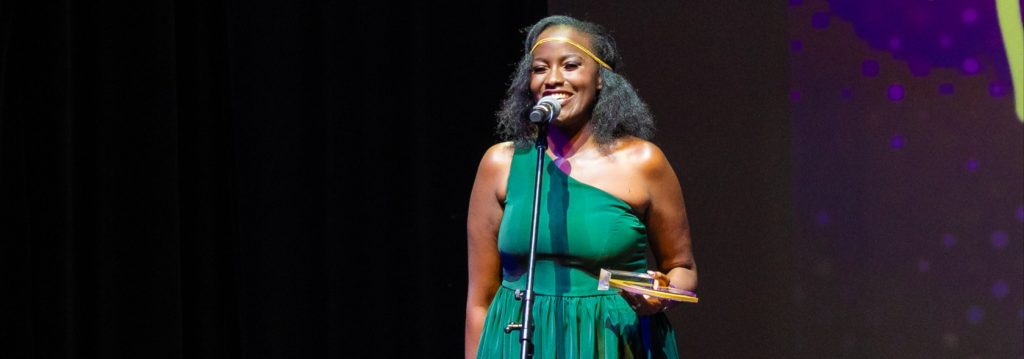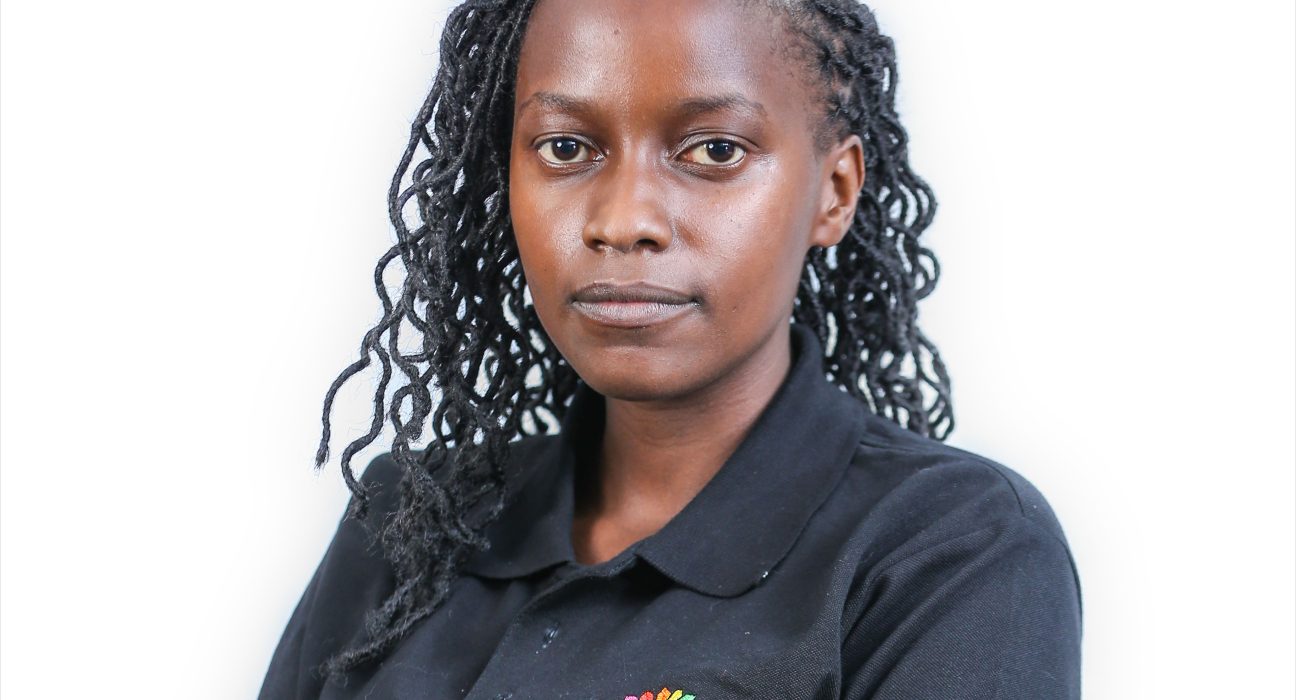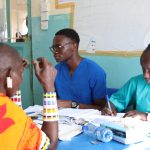By Eddah Waithaka
A quiet revolution is reshaping the African film and television industry, and it’s being led from behind the camera.
A new vanguard of creators is dismantling old gatekeepers, championing authentic narratives, and building a sustainable ecosystem rooted in collaboration rather than competition .
At the forefront of this movement is Audrey Tanya, an award-winning producer and a proud alumna of the MultiChoice Talent Factory (MTF), whose journey embodies the resilience and visionary leadership defining this new era.

Tanya’s path, far from conventional, is a masterclass in choosing growth over comfort. From navigating the Kenyan media landscape to founding her own production company, Jenga Visuals and earning accolades like a Kalasha nomination and a WIFA Award, she has consistently pushed boundaries .
But her story transcends personal achievement, it’s a blueprint for building a continent-wide storytelling empire.
“Being part of MTF was like stepping into a room full of mirrors,” Tanya reflects on the program that ignited her career. “Suddenly, I could see myself and my potential from angles I’d never considered. It reshaped how I saw storytelling—not just as a passion, but as a business, a responsibility, and a powerful tool for change.”
This transformative experience is a common thread among MTF alumni. Together with co-founder Bruno Tanya, Audrey has built Jenga Visuals Limited into a dynamic force, recently commissioned to produce a feature film for the Maisha Magic Movies Channel and hailed as being “at the forefront of a new wave of African creatives, setting new industry standards”.
The Projects That Forged a VisionTanya’s work is characterized by a profound commitment to truth. Her breakout short documentary, My Little Warrior, began as an MTF assignment to create a COVID-19 vaccine campaign.
It evolved into a deeply moving portrait of caregiving, sacrifice, and resilience, celebrating the quiet heroism of a mother caring for her son with cerebral palsy.
The film’s success, earning nominations at the Kalasha and Focus on Ability festivals, was a definitive moment that silenced her imposter syndrome and affirmed her purpose.
This resilience was tested again on the set of Stinger when a lead actor quit mid-shoot. “Panic was real,” Tanya admits. But in a display of calm leadership, she huddled with her assistant director, reshuffled the schedule, and recast the role by afternoon.
“Production isn’t about perfection but about leading with calm, pivoting fast, and trusting that the story must go on.”
The Business of AuthenticityFor Tanya, mastering the craft was only half the battle. Her true focus has been on mastering the business of film.
“MTF opened my eyes to how ideas become pitches, and pitches become deals,” she says. This business acumen, honed in labs like the Durban FilmMart Institute (DFMI) and the Red Sea Lodge, is central to Jenga Visuals’ expansion into corporate documentaries and feature films.
Her strategy for visibility is equally strategic, “Visibility starts in pre-production. If you wait until post to market your film, it’s already too late. I treat social media as my co-producer; it bridges the story to the audience and builds a community before we even call ‘Action!’”
Lifting as She Climbs: Mentorship and Female LeadershipTanya’s vision extends beyond her own company. She is a passionate advocate for female representation and mentorship, principles actively reflected in her work producing PAA – Sky Girls Season Four* with an entirely female crew. “I want to create spaces where women don’t just show up, but lead.
When women are behind the camera, the lens widens, the stories deepen, and the industry becomes richer.”This ethos aligns with a continental push to empower authentic voices.
Initiatives like the Future Mentors Programme, a joint effort by the Durban FilmMart Institute, DW Akademie, and Berlinale Talents, are specifically designed to build a network of African mentors who can guide the next generation.
As Mmabatho Kau, a producer involved in the program, notes, authentic voices are becoming “an endangered species” in a profit-driven global industry.
The role of the mentor, she says, is to create a “safe space where you allow the mentee to speak freely” and help them navigate commercial imperatives without losing their unique perspective .
Tanya embodies this mentor spirit. Her advice to young filmmakers is to embrace rejection as a lesson and to never stop refining their craft. For fellow alumni, her charge is clear, “Stop gatekeeping. Mentor. Hire interns. Create safe, respectful, enriching spaces… Let’s lift as we climb. That’s how we build a storytelling industry that thrives for generations.”
The Future is CollaborativeLooking ahead, Tanya is excited for the future of African storytelling. “We’re finally being seen. The world is looking to Africa, and the spotlight is on,” she says. Her company is developing *Nkanai*, a culturally rich feature film incubated at the Red Sea Lab, and *Fisherwoman*, a documentary supported by Docubox.Yet, her biggest dream is even more expansive: deeper collaboration across African regions. “East, West, North, South—we each bring something powerful. When we tell our stories together, we’re unstoppable. Because no one tells our stories like we do.”This sentiment captures the essence of the revolution Audrey Tanya helps lead: one that replaces old gatekeepers with new bridges, ensuring the next generation of African filmmakers won’t just be ready for the world—the world will, finally, be ready for them.
To explore mentorship opportunities or support African cinematic talent, consider programs like the Future Mentors Programme or the Black Film Space Mentorship Program.







